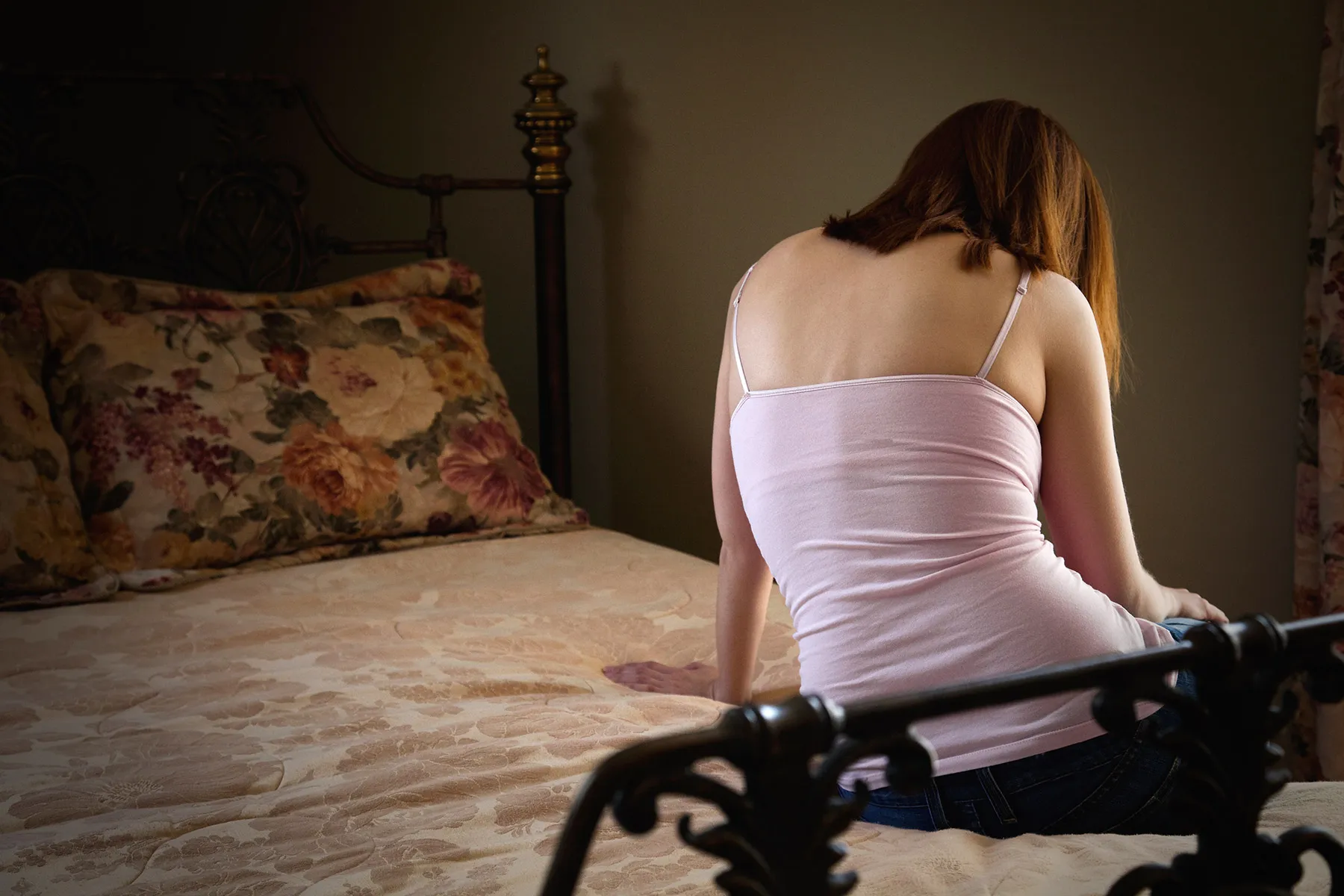The ‘Assembly-Line’ Justice of Plea Bargaining
A lawsuit filed last month by the ACLU aims to curb the use of a practice that has put thousands of innocent people behind bars, write two justice advocates.

In 1913, Henry Ford invented the assembly line and cut the time it took to produce a car from 12 hours to 90 minutes. In 1916, at a single Ford plant in Highland Park, Michigan, workers also reported almost 200 severed fingers and 75,000 other injuries.
Around the same time, coincidentally, the American criminal justice system began leaning into a till-then rarely invoked practice called “plea bargaining.”

Somil Trivedi
Plea bargaining significantly cut down the time, effort, and constitutional fealty required to secure a criminal conviction. It virtually eradicated criminal trials; today, roughly 95 percent of convictions come via plea.
And, today, there are tens of thousands of innocent people behind bars.
As a society, we eventually decided that faster access to Model Ts and Mustangs didn’t justify the horrific harms of the assembly line, and we passed laws and filed lawsuits to make the process safer. Yet we’ve done virtually nothing at a societal level to mitigate the harms of hyper-accelerated criminal punishment, particularly on the innocent.
In fact, we’ve handed law enforcement more and more tools to secure coerced plea bargains, including mandatory minimum sentences and ubiquitous pretrial detention, while judges scrutinize prosecutors’ use of these tools less and less.

Rebecca Brown
This despite the fact that we know myriad innocent people charged with felonies plead guilty. Of the nearly 3,000 wrongful convictions revealed since 1989—a fraction of the number of wrongful convictions overall—20 percent were innocent people who pleaded guilty (Settling post-conviction claims of innocence requires massive legal resources so this data speaks largely to felony convictions; we can intuit even greater numbers of coerced pleas in the misdemeanor setting.)
Plea bargaining also exacerbates the rampant, original-sin racial disparities in the system. Studies show that white people are more likely to have serious charges dropped, while Black people are more likely to have serious charges stick.
How did we get here? Do we, as a society, simply accept a massive and growing number of wrongly convicted people—mostly from disadvantaged communities—in service of expedited outcomes?
We hope not.
Last month, the American Civil Liberties Union (ACLU) filed a federal class action lawsuit in Phoenix to finally put some guardrails around prosecutorial pressure tactics during plea bargaining. There, local prosecutors in the county’s Early Disposition Courts make plea offers “substantially harsher”—their words—if people accused of crimes merely assert their constitutional rights during negotiation.
In these courts, prosecutors withhold all discovery― the process by which the State shares evidence it intends to use against a defendant with their counsel ― except a police report. They openly admit that the purpose of the “substantially harsher” offers is to “clear backlogs” and avoid “expending resources.”
Never mind that these prosecutors took an oath to uphold the constitution.
And yes, this policy risks wrongful convictions. Last year, Levonta Barker was leaving a 7-Eleven store in Phoenix when he was suddenly arrested. Apparently, two people had been assaulted nearby, described a Black man in a bandana, and that was enough to tag Barker.
Then, Maricopa County prosecutors rushed Barker into the Early Disposition Courts, gave him a harsh initial plea offer, and warned him it would get “substantially harsher” if he tried to fight.
Luckily, Barker’s public defender, Chris Simonds, eventually convinced prosecutors of Barker’s innocence, having completed his own investigation in the absence of authentic discovery.
But don’t let Barker’s near miss fool you.
Prosecutors were willing to pressure him into a plea bargain before doing any of their own investigation, relying on shoddy police work, all while withholding discovery. And sometimes police investigations are more than incautious.
Police misconduct, including evidence tampering and lying on the stand, is involved in the 35 percent of innocence cases revealed in America. A guilty plea whitewashes that misconduct as well.
This state of affairs—where prosecutors coerce people out of their rights, police face no accountability for misconduct, and guilt or innocence is a virtual non-factor—should chill us to the bone.
Yet it’s business as usual in Maricopa County, which hardly stands alone. The National Registry of Exonerations confirms that innocent people who pleaded guilty, but then were exonerated, hail from almost every state in the union.
Change is not impossible.
In addition to lawsuits like the ACLU’s and awareness campaigns like the Innocence Project’s, we can fix this problem with policy interventions like expanded pre-plea discovery and real consequences for prosecutors who bury helpful evidence before accepting a deal.
We need to blunt the system’s coercive tools by getting serious about police accountability and severely curtailing pretrial detention. And we need to elect mayors, prosecutors, and judges who will commit to foregoing coercive tactics, even if the law currently allows them.
Most importantly, we need to decide as a society whether we value shortcuts or justice in our criminal legal system, because we’ve proven we can’t have both.
Additional reading: Truth, Lies and Plea Bargaining, The Crime Report, July 23, 2021
Somil Trivedi is Senior Staff Attorney with the ACLU Criminal Law Reform Project. Rebecca Brown is Policy Director of the Innocence Project. They welcome comments from readers.

 Landwebs
Landwebs 


















